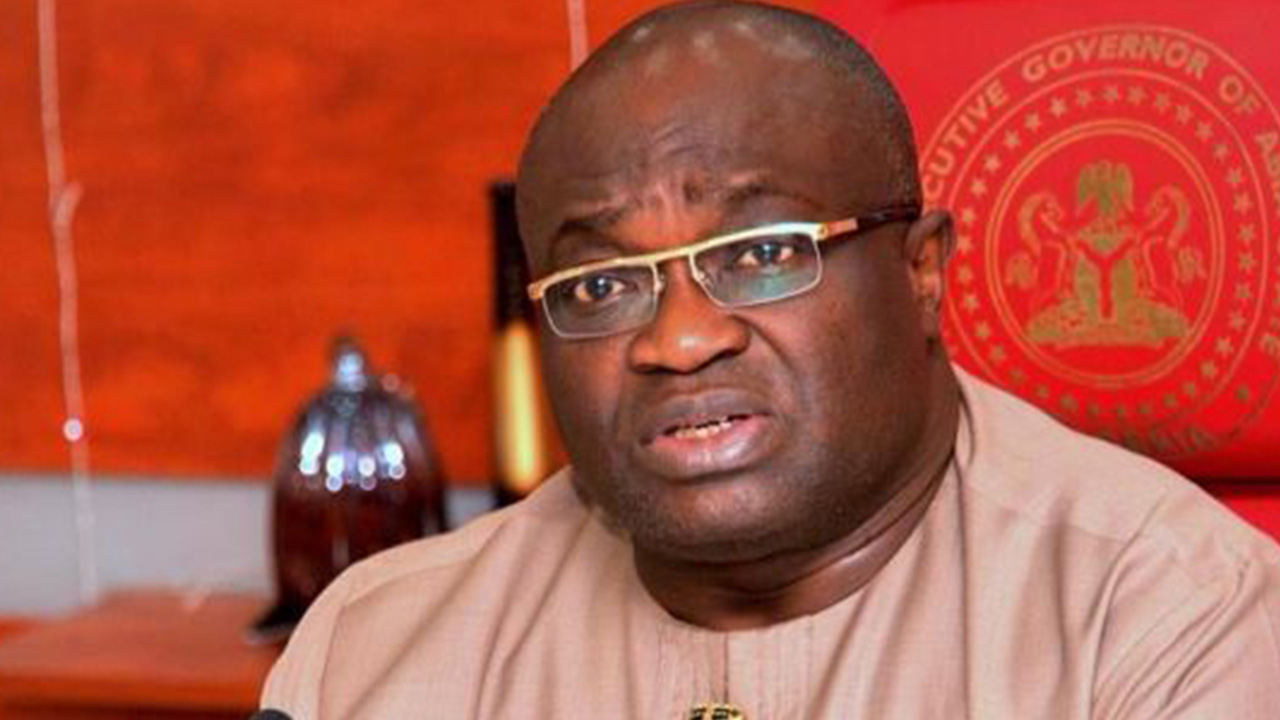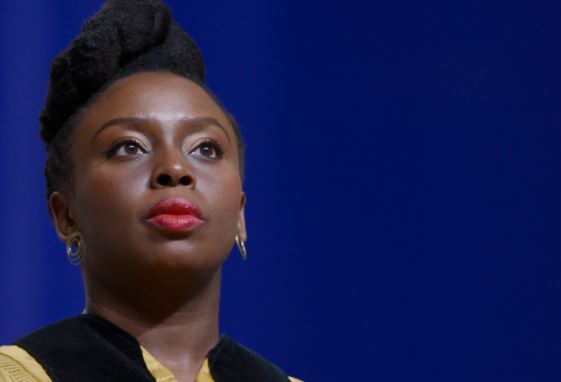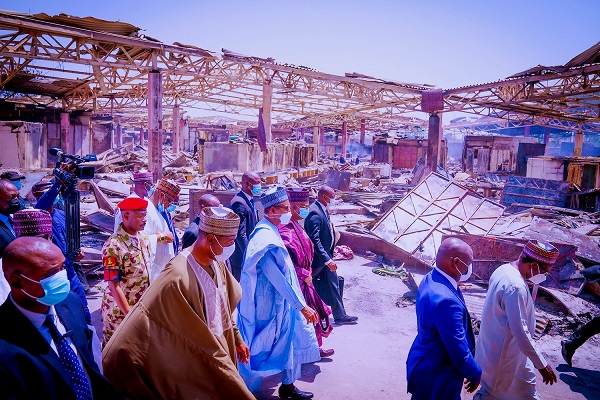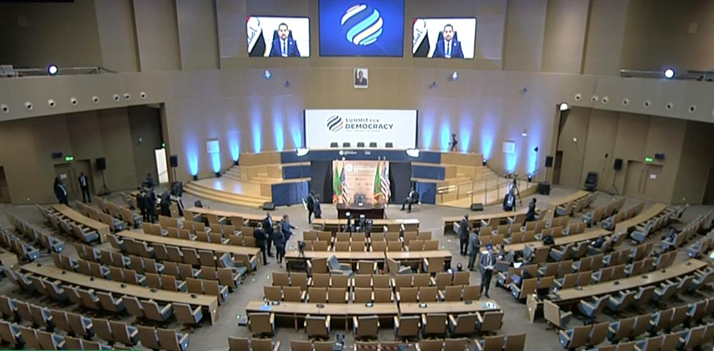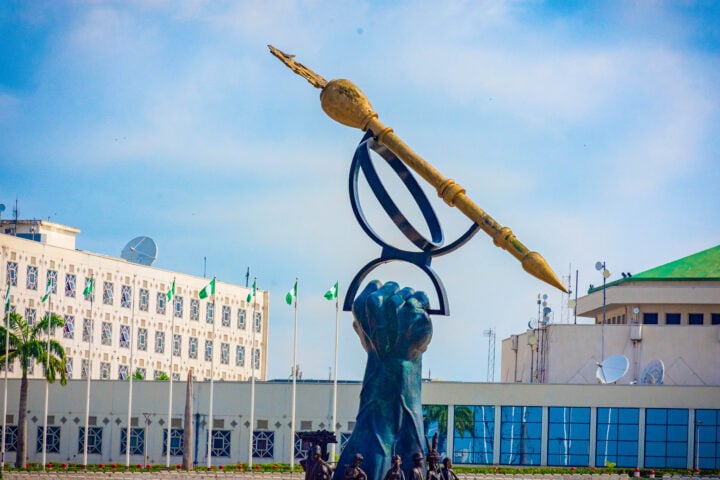BY VICTOR TERHEMBA
Democracy is often touted as the ideal form of government in the modern world. However, when it comes to Africa, particularly Nigeria, it may not be the best form of government. Historical antecedents and present-day realities show that democracy has not worked as well as it should in Nigeria, and perhaps it is time to explore other forms of government that are better suited to the country’s unique circumstances.
In 2009, during his first visit to Africa as US President Barack Obama opted to visit Ghana instead of Nigeria as a demonstration of his displeasure with the political situation in the country at the time. While in Ghana, Obama delivered an address at the Ghanaian parliament where, inter alia, said: “Africa doesn’t need strong men; it needs strong institutions”. Since then, that quote has been touted by everyone, from political commentators to politicians, from everyday citizens to decision-makers. The statement from Obama suggests that Africa is incapable of building strong institutions and this is easily agreed to by almost everyone. I, however, do not agree with such an inference, even though I agree that one of the strongest reasons we are unable to overcome our challenges of development and corruption is because we have weak institutions. The reason the developed countries are far ahead is that they have strong institutions that neutralise the power tendencies of strong men.
The few times I have seen contrary opinions to the statement made by Barack Obama, the commenters always rephrase the statement to say “Africa needs strong men to build strong institutions”. This too, I disagree with wholeheartedly.
Advertisement
One of the reasons democracy may not be the ideal form of government in Nigeria is the country’s colonial history. Nigeria was a British colony until 1960, and the British colonial government imposed a democratic system of government on the country. However, this system of government was not designed to reflect the country’s unique cultural, social, and political realities. The result has been a political system that is not only inefficient but also often corrupt. Before the advent of colonialism, Africa had strong institutions that outlived even the strongest of men. Such strong institutions could be found in the Oyo Empire, the Ashanti Empire, Hausa/Fulani Empire, Bini Kingdom, the Ghana Empire, etc. In fact, even today, in certain cultures and regions where the pre-colonial traditional institutions have been preserved, there are strong institutions that no strong man can overpower yet. While examples are replete across Africa, for contextual understanding, I will focus mainly on Nigerian examples because of the nature of my audience.
The Oyo Empire, which dates back to as far as 1300 CE and was ruled over by Alaafin, was very powerful and huge in size and operated on a centralised system with checks and balances that prevented excessive or arbitrary use of power by anyone at all, including the Alaafin. These checks and balances were sustained by a string of several independent institutions but with oversight functions on the others. While Alaafin was the head of the government, his powers were not absolute nor was his throne. The Ogboni society, which was headed by the Oluwo, checked both the powers of the Alaafin and the Oyo Mesi. As powerful as the Alaafin was, he could not influence the choice of who succeeded him, nor could he choose to continue sitting on the throne once an empty calabash, which signified his rejection by the people, was sent to him.
A demonstration of how rigid and resilient the institutions of the Oyo Empire were between 1789 to 1796 when Alaafin Aoole was the ruler of the empire. He had asked Afonja, the Aare Ona-Kankafo, to unjustly attack the towns of Iwere-Ile and Apomu in retribution for earlier grudges he held against Baales of the towns before ascending the throne (I had written on this in a 2015 article titled ‘Yoruba leadership and the Aoole Curse’, published in Daily Independent and YNaija). Afonja not only refused to carry out one of the orders but it was also resolved that the Alaafin be sent an empty calabash due to his excessive abuse of powers. Despite his high-handedness and excessive abuse of powers, the Alaafin could not disregard the symbolic empty calabash. He committed ritual suicide to complete the process but he didn’t go just go down without a fight, he tried but the institutions triumphed.
Advertisement
Similarly, the pre-colonial Hausa/Fulani Empire political institution was strong and resilient against strong individuals. The same assessment can be said of the Ashanti Empire pre-colonial Ghana. The Bini Kingdom in present-day Edo state of Nigeria is still revered as one of the strongest institutions that can’t be tampered with.
We can evidently see that even before the Europeans arrived on African shores, Africans had operated political systems that built strong institutions. Before Europeans and Western Worlds began to foist their own kind of democracy on Africans, Africans had practised one form of democracy or the other in the ways suited to their cultural and traditional contexts, and Africans thrived under these systems. For example, the Ashanti Empire was a federal republic, the Igbo political system was a republican democracy, and the Oromo people of Ethiopia practised an indigenous democratic system that allowed the people to elect their leaders through a Gada voting system. Other ancient and pre-colonial democracies in Africa included the Meroe Kingdom which practised a democracy that placed competence over everything else, the Kwararafa kingdom in old Wukari operated a confederacy and the Oyo Empire was a constitutional monarchy. Before the United Kingdoms of Britain, there were the United Kingdoms of Mossi in modern-day Burkina Faso. These were all democracies that operated in strong, resilient and well-respected institutions.
While Africa thrived and prospered under democracies that resonated with their cultural, traditional and historical contexts, Africa has continued to struggle under the kind of democracy imposed (and continues to be imposed) on us as a result of colonialism. African democracies which were very developed in the African context were discarded as primitive and archaic by the Europeans. Today, Africa is wobbling under the Western concept of democracy.
So, why is democracy failing in Africa when it is evident that Africa is capable of building strong institutions and has done so in the past? At the heart of it, it is the tragedy that is rooted in the enormous complexity of the collective decision of the West to impose a Western modern democracy on what is largely a traditional African society. The majority of African leaders are completely unfamiliar with the concepts of constitutionalism. Despite the obvious merits of democracy, democracy in Africa has exacerbated corruption, and instability, and promoted incompetence over competence in Africa.
Advertisement
Another reason democracy may not be the best form of government in Nigeria is the country’s diverse ethnic and religious groups. Nigeria is home to over 250 ethnic groups and there is a constant struggle for political power and resources among these groups. The country’s political landscape is dominated by a few powerful elites who manipulate the democratic process to retain power and suppress the voices of marginalised groups. That we are very much still tied to the aprons of our ethnic leanings regardless of our education and exposure.
Furthermore, the democratic system in Nigeria is plagued by institutional weaknesses and inefficiencies. Elections are often characterised by irregularities and violence, and the country’s electoral body, the Independent National Electoral Commission (INEC), has been accused of corruption and incompetence. The judiciary, which is supposed to serve as an independent arbiter, is often influenced by the ruling elites, leading to a breakdown in the rule of law.
In addition, democracy has not been able to address Nigeria’s socioeconomic challenges adequately. Poverty, unemployment, and inequality are still prevalent in the country, despite several years of democratic governance. The government’s inability to address these issues has led to widespread disillusionment among the citizens, leading to calls for alternative forms of government.
What then could be the alternative for Africa? Perhaps, a traditional democracy?
Advertisement
One alternative to democracy that has been proposed in Nigeria is a system of government based on the traditional system of governance. This system, which is prevalent in several African countries, is based on a hierarchical system of authority, with the community leader serving as the ultimate authority. Proponents of this system argue that it is better suited to Nigeria’s unique circumstances and will lead to more efficient and equitable governance.
In conclusion, while democracy may be the ideal form of government in many parts of the world, it may not be the best form of government in Nigeria. The country’s colonial history, diverse ethnic and religious groups, institutional weaknesses, and socio-economic challenges have all contributed to the failure of democracy in the country. Perhaps it is time to explore alternative forms of government that are better suited to the country’s unique circumstances.
Advertisement
Victor Terhemba writes from Abuja, Nigeria. He can be reached via [email protected] and on Twitter via @victor_terhemba
Advertisement
Views expressed by contributors are strictly personal and not of TheCable.
Add a comment

